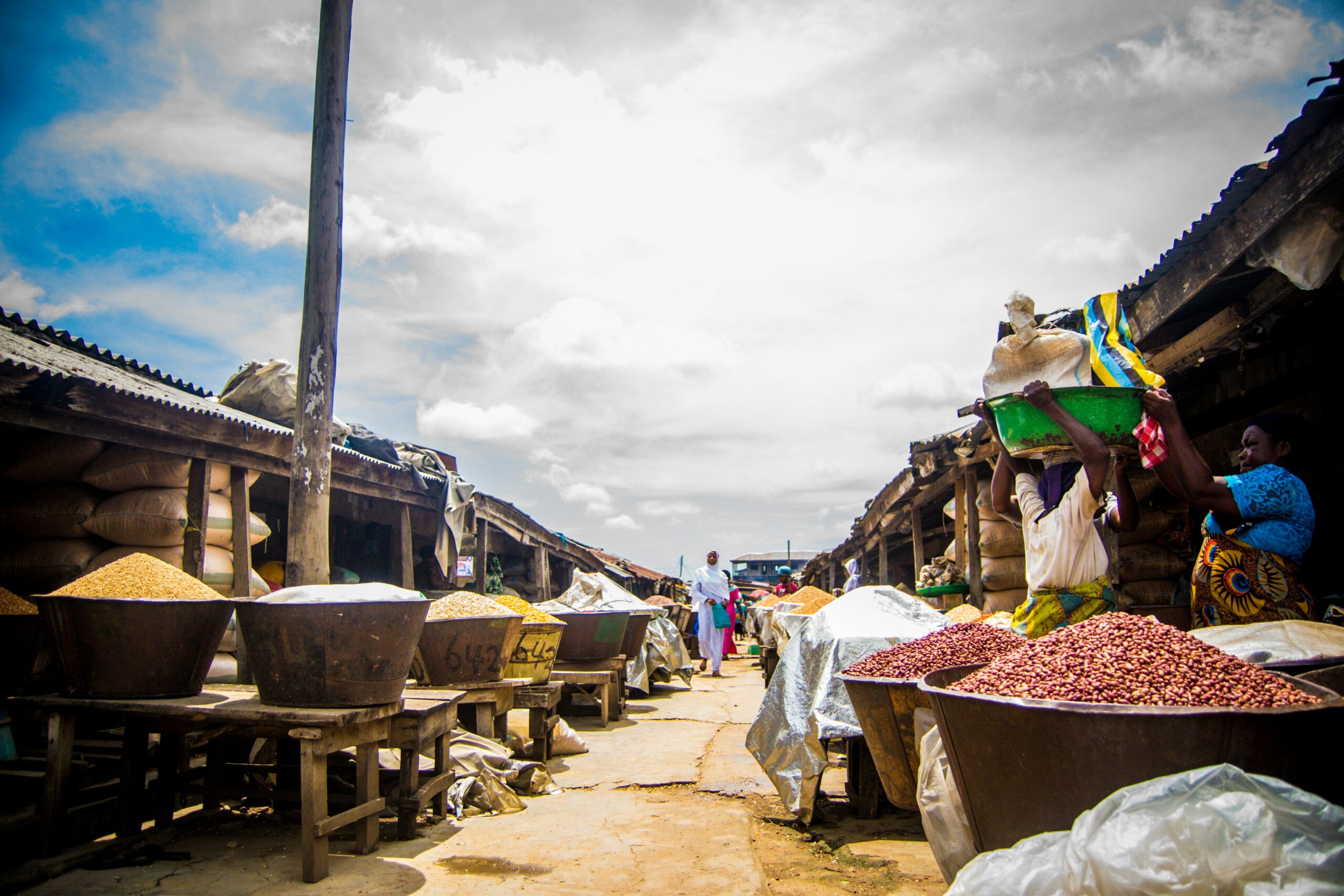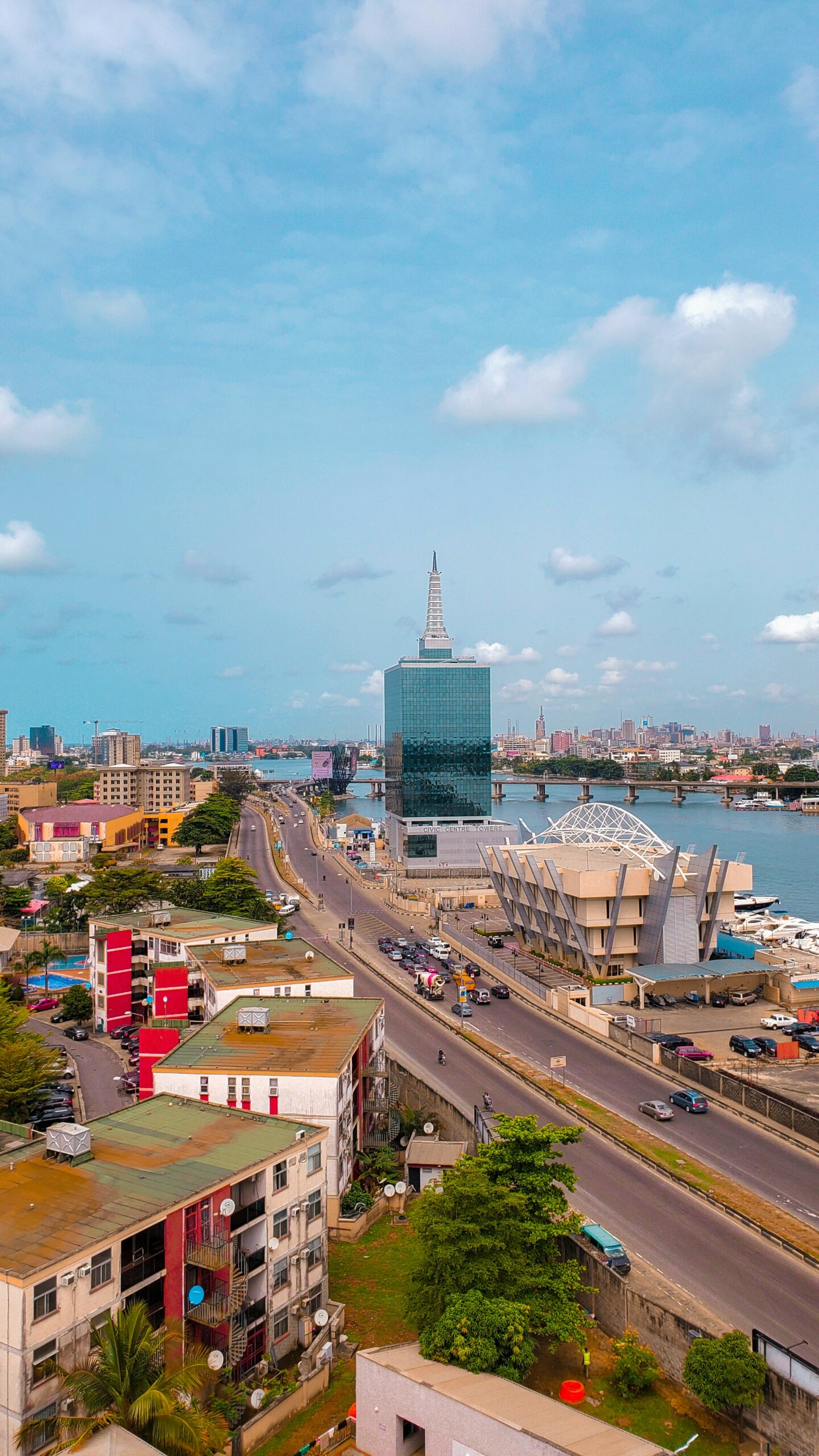Nigeria
Nigeria, located in West Africa, is the continent’s most populous country and one of
its largest economies. Officially known as the Federal Republic of Nigeria, it
comprises 36 states and the Federal Capital Territory, where the capital, Abuja, is
situated. Nigeria’s rich cultural heritage is reflected in its diverse ethnic groups,
languages, and traditions, with the Yoruba, Igbo, and Hausa being the largest ethnic
groups. The nation’s economy is heavily dependent on oil, which has driven its
growth but also subjected it to the whims of global oil prices. The country plays a
crucial role in regional affairs and is a key player in African politics and economics.




